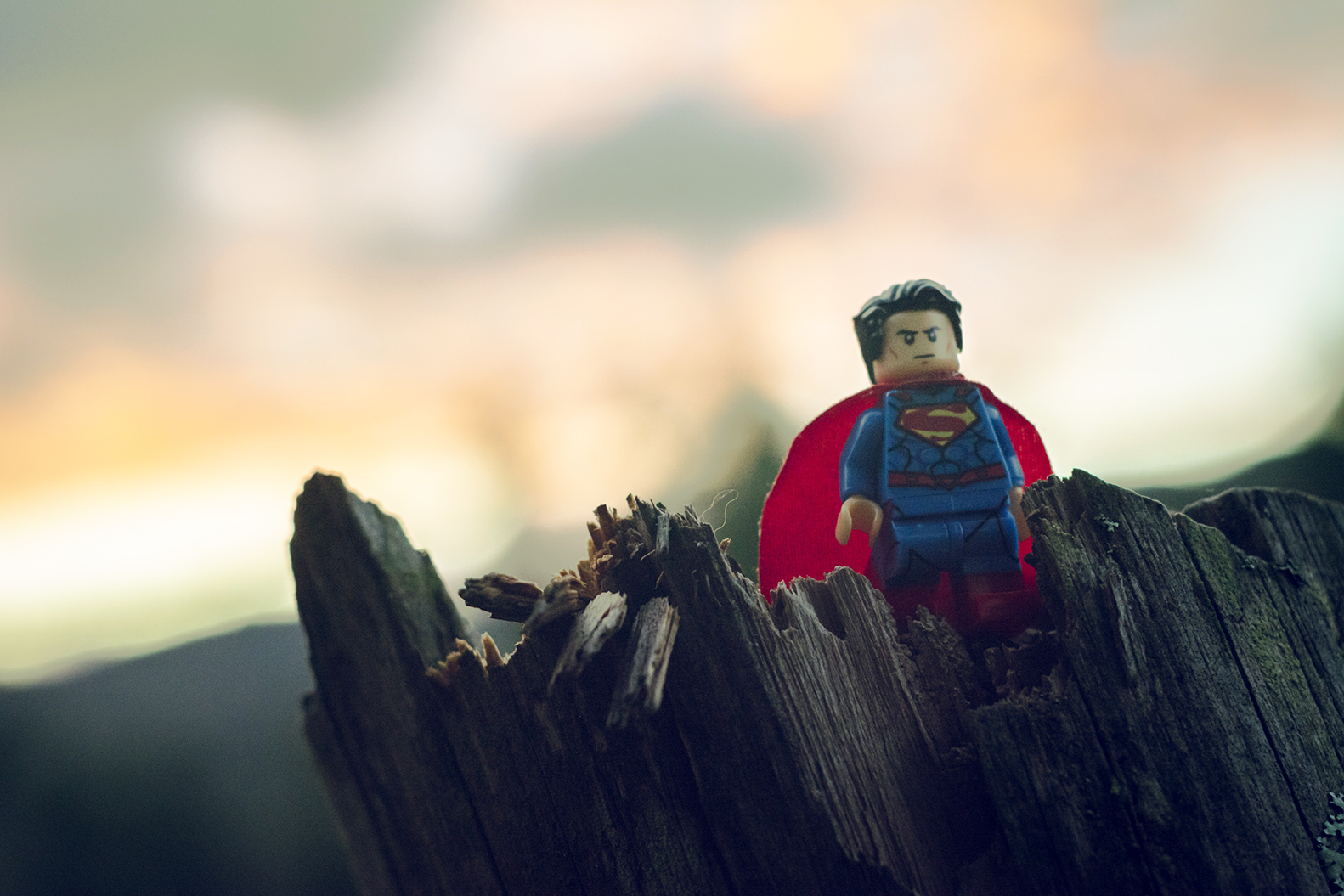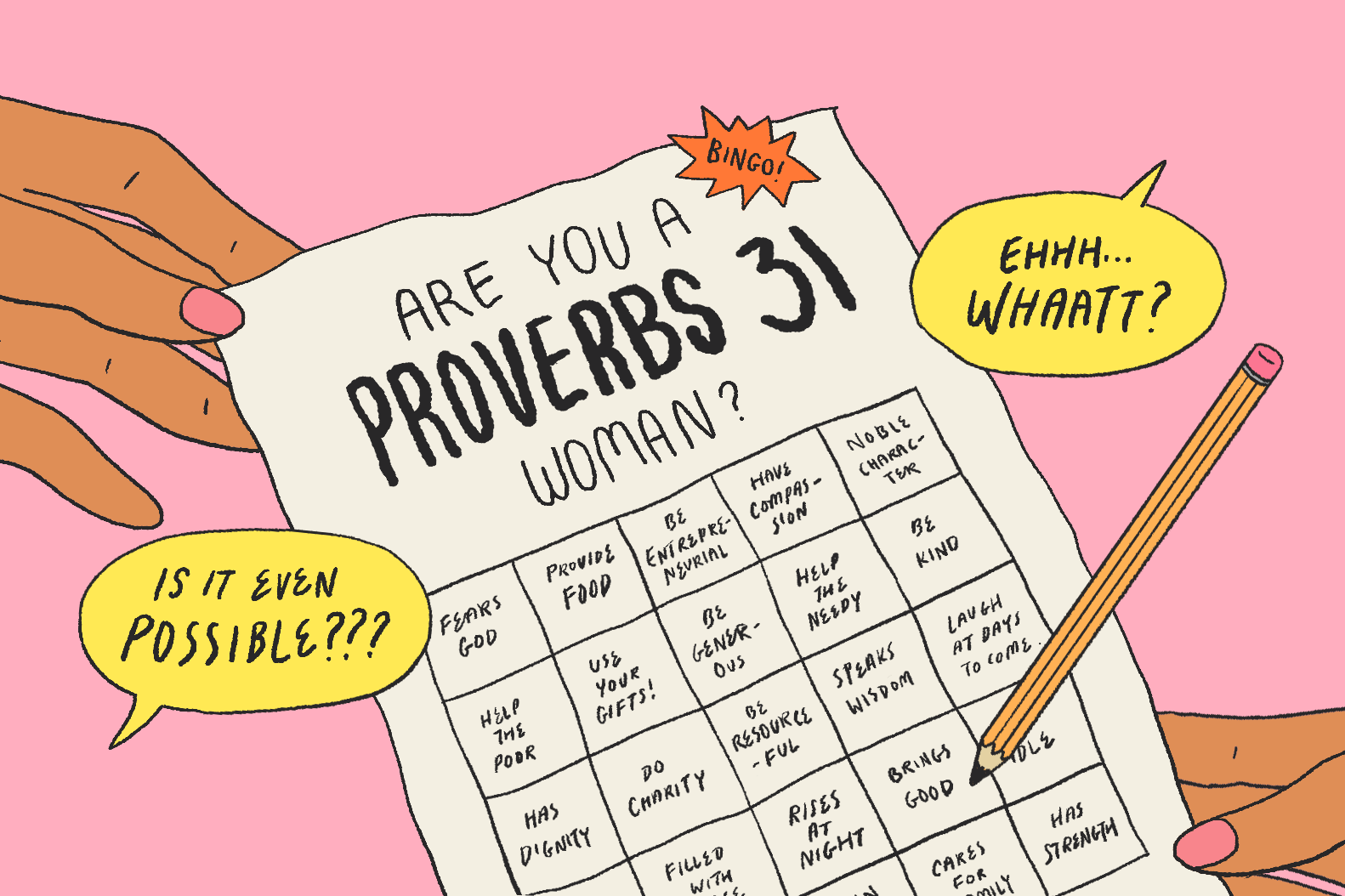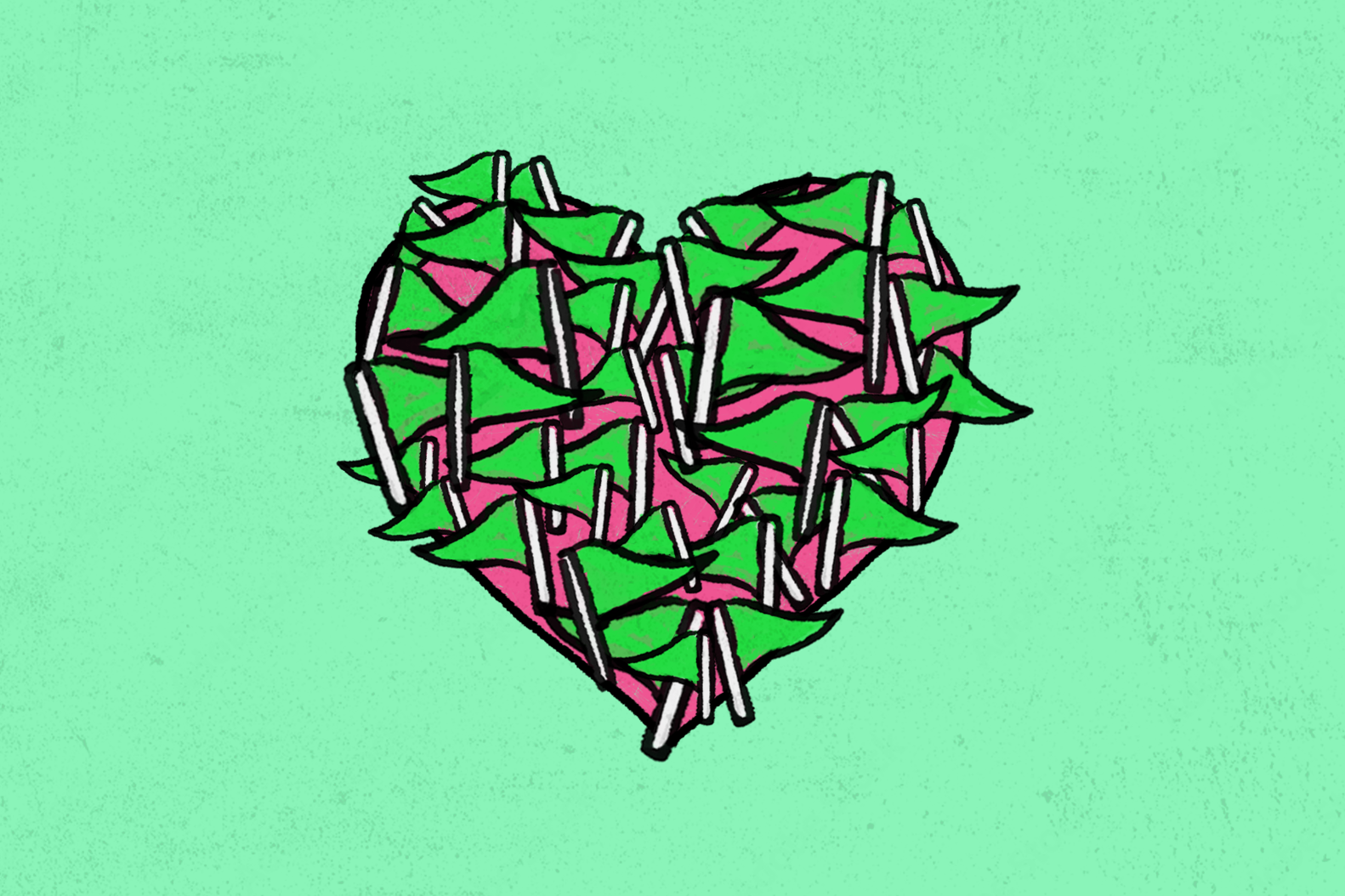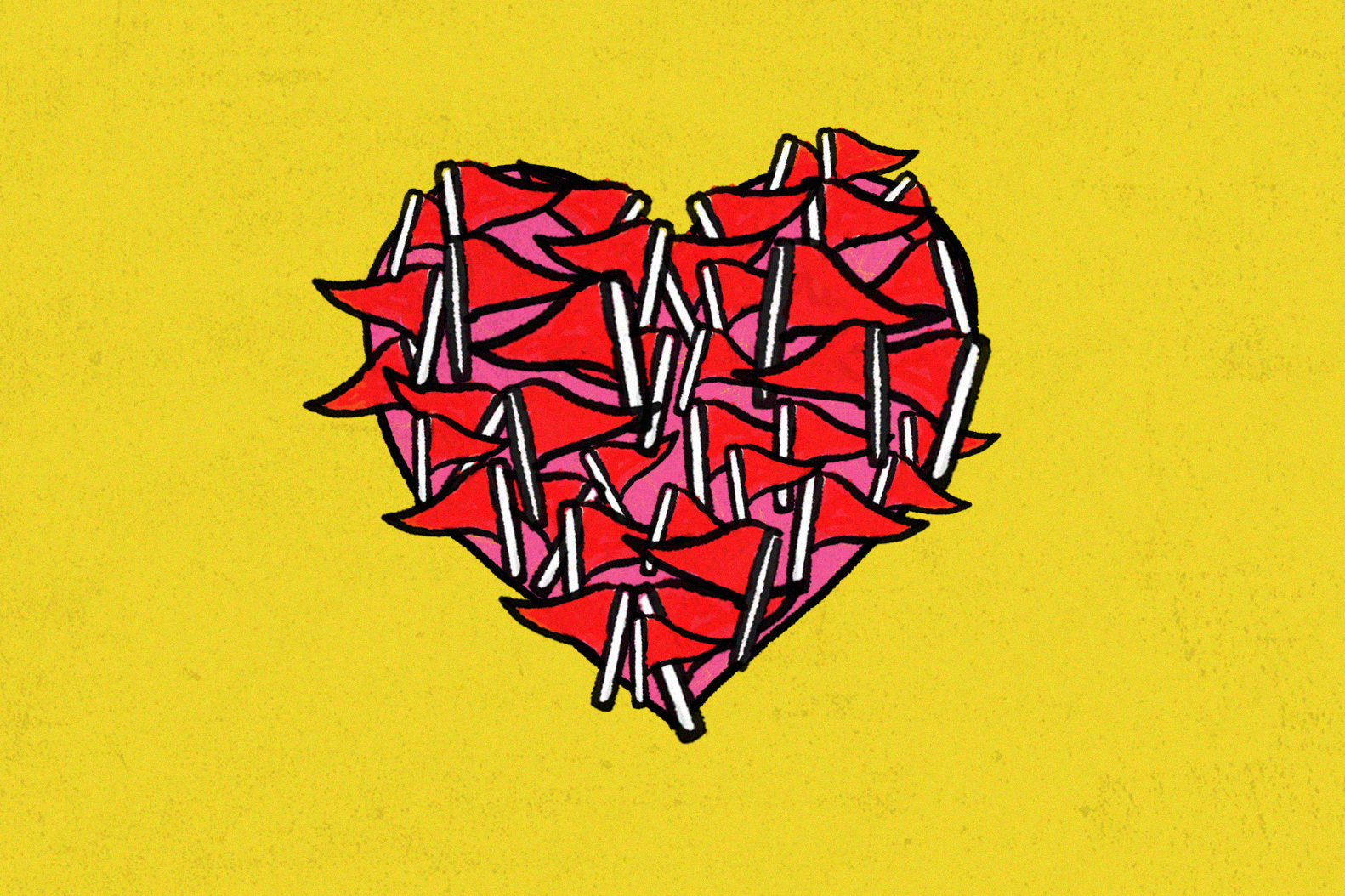I love superhero movies.
There’s something stirring about them that awakens us to come alive. We marvel at these heroes, captivated by their capes and fighting prowess. We are awed by their heroism and selfless sacrifice.
And as men, we identify with these heroes: We lead the ones we love, and we love the ones we lead.
I don’t think it’s mere coincidence that we look up to heroism inherently. I believe it stems from a mandate God has given us as men, a mandate so ancient, we can trace it back to the Creation account.
As the head of the household, we are called to model and initiate love, service and sacrifice.
But something seems to be restraining us men from fulfilling this high calling. At times it’s doubt, the fear of inadequacy that paralyses us. There’s also the fear of men which haunts us. We fear a lack of reciprocation, not realising love endures all things – including rejection.
Some of us might even attempt to bypass these struggles by adopting a kind of pseudo-manhood: An aggressively masculine (sometimes physically), quasi-confident, top-down style of relating with people.
But masculinity driven by a fear of falling short is no masculinity at all. So what is real manhood? To get this answer, we must look at the father’s role in a family.
Fathers assume the mantle of spiritual leadership within the family.
They comfort and exhort their sons to live lives worthy of the kingdom. Through sound instruction, sons grow in the ways and discipline of God.
In the Bible, we see fathers advising sons to pursue wisdom (Proverbs 3) and sexual purity (Proverbs 5). We see fathers blessing their children, speaking destiny and purpose over them (Genesis 49:1-27). We also see this clearly within the Trinity where the Father speaks affirmation over the Son: “This is my beloved Son, in whom I am well-pleased; listen to him” (Matthew 17:5).
Ultimately, sons like these have purpose and self-worth, values that propel them to live as great men of God.
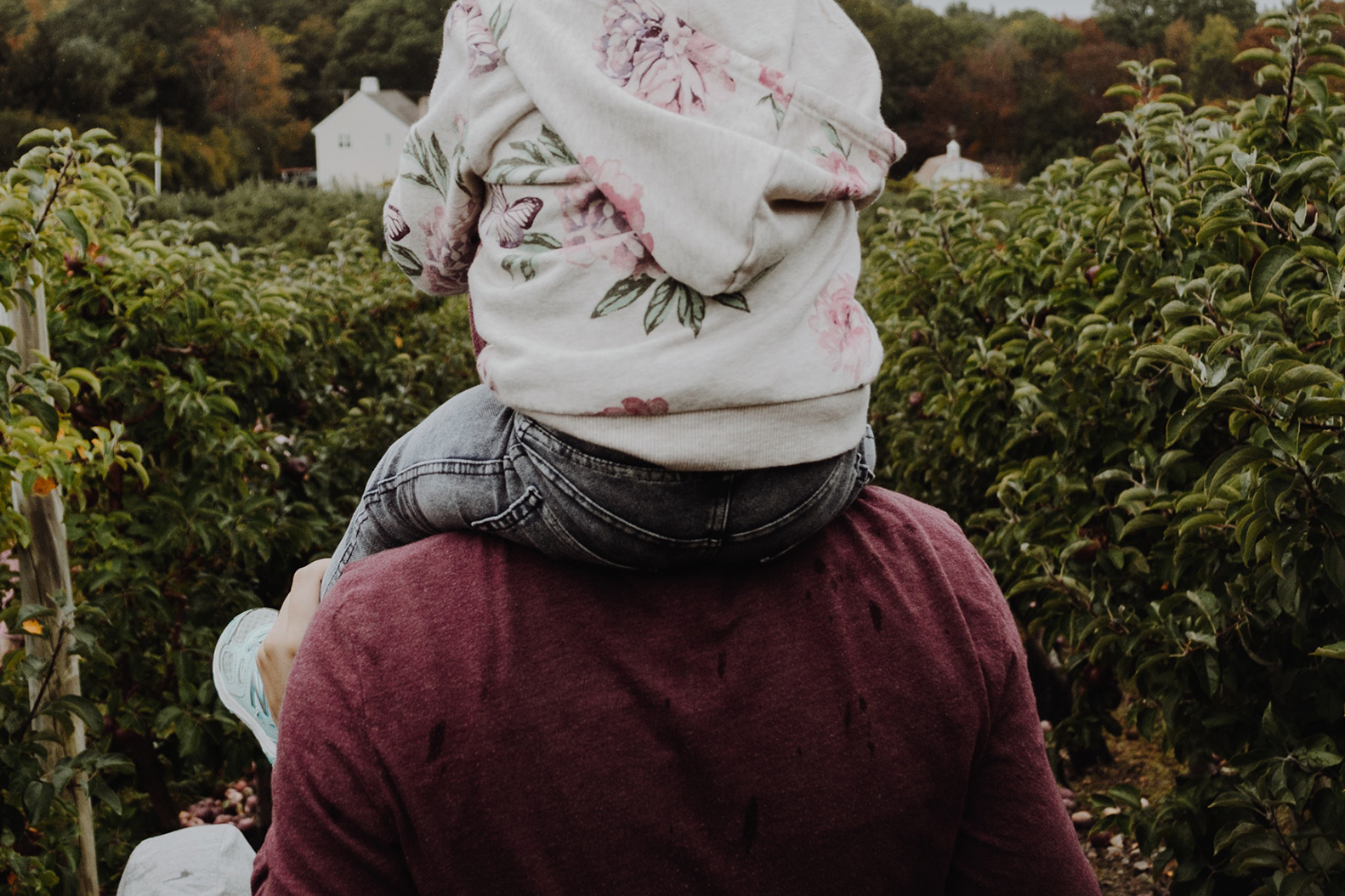
All very ideal. But our own stories often aren’t – our world and families are fallen.
We see dysfunctional fathers producing sons who mirror the very person they swore never to become. There are abusive dads, alcoholic dads, absent dads who are emotionally and/or physically distant.
So many young boys grow up not understanding their inherent worth and significance. They carry burdens and responsibilities most others don’t at such a stage of life and maturity.
We are ingrained with the worldly mantra that real men don’t cry. We believe the lie that real strength is shown in the absence of weakness. We handymen never think to get ourselves fixed. So we end up not knowing ourselves, unable to relate with others and be vulnerable.
That’s the story of how many of us are the products of brokenness in our families. This dysfunction in turn affects the way we view our sexuality and understand love and leadership.

I found this to be true for myself.
The reality of growing up without a dad probably affected me in ways more far-reaching than I could imagine when I was nine. Without my dad there was an absence of male leadership within the family – and my mother had to take over.
I love my mum and I honour her for the sacrifices she made to make my family work out the way it did. But I think deep in the recesses of my soul, I felt that something was sorely lacking. With no point of reference, I found myself struggling to live up to an aspiration and ideal of a man – not knowing what is required of me as a man, feeling ill-equipped for the calling.
What is a positive example of a father? What does it mean to be a man? These were all the questions I had to wrestle with.
Mum became the sole breadwinner after the split.
Even with the monthly alimony, there seemed to be a cloud of uncertainty, a hazy sense of insufficiency and lack. I don’t think I was able to properly process the feeling of uncertainty at a young age – but it was painfully vivid.
Will there be enough? Will we ever be enough?
Ever fearing for the future, I developed an outlook of gloom and doom which translated itself into other aspects of life, from the way I related with people to how I saw finances. It’s difficult to love and lead out of a sense of poverty and lack.
The strain and tension from the family brokenness also influenced the way we communicated at home. Words were shards to bring down rather than to sharpen. Affirmation was rare and inadequacy the norm as I navigated through life’s issues, disappointments and pain on my own.
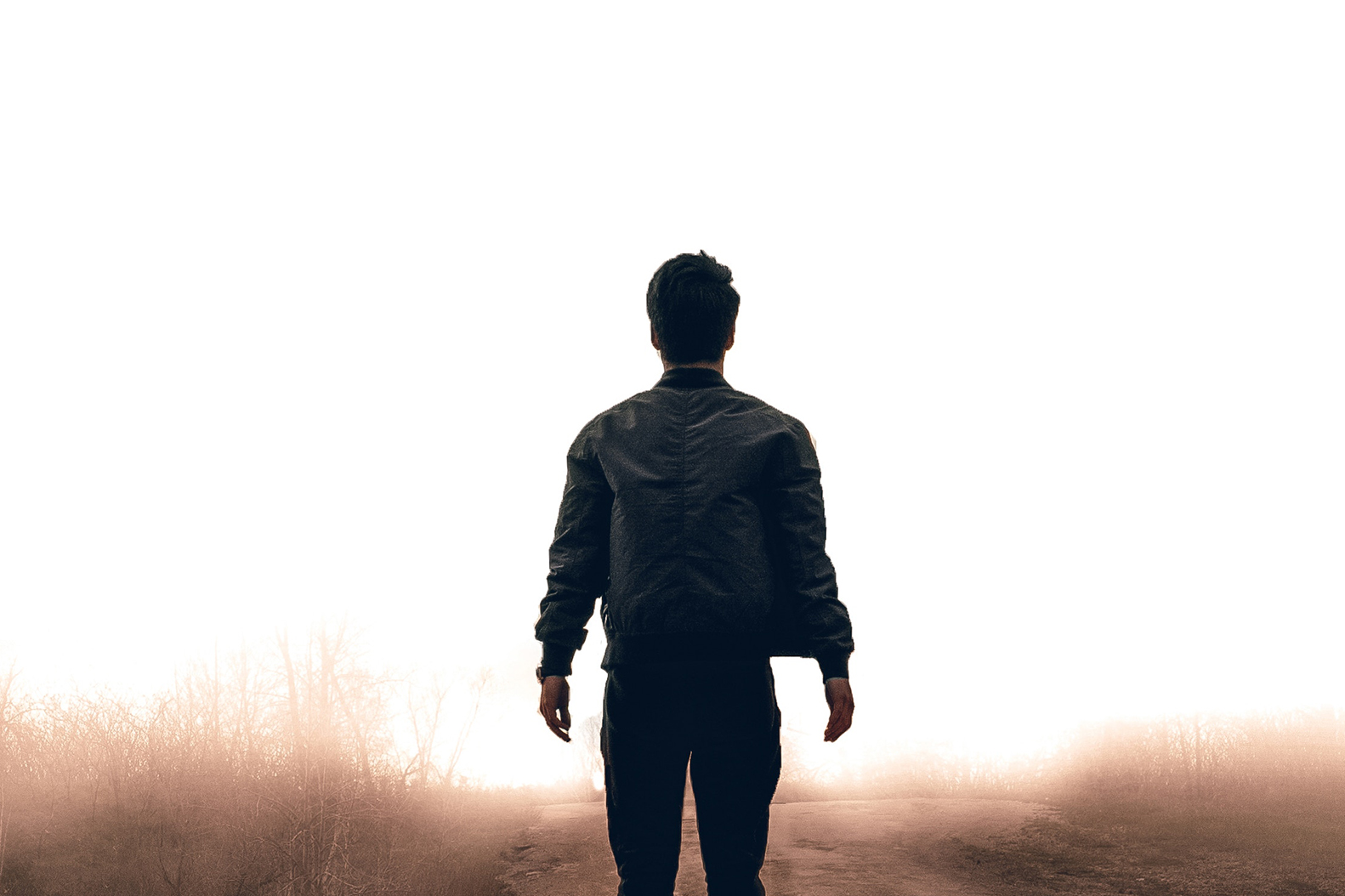
As I grew into adulthood, I found myself having to face many of my fears.
God brought me on a journey to uncover all my fears, ungodly beliefs and practices I had built up in the last few decades.
What I see now, is that at the very core of our being, there is a voice crying out for acceptance and affirmation. These are things that only our Heavenly Father can give. When we come into sonship under Him, He speaks identity over us, and we find our calling and destiny.
When we understand our sonship, we understand unconditional love and acceptance. It helps us move in a boldness that comes from knowing He is with us: God is faithful, and He will never leave or forsake us.
I am not nobody’s child.
One of my greatest breakthroughs happened when I learnt to see God as my Father.
Not just any father … but a Good Father. A Good Father who will provide and protect. There was a sense of identity, purpose and belonging when I realised He is a father to the fatherless. I am not nobody’s child.
Like streams of healing waters, it brought the restoration my soul thirsted for. For so long I worked and operated from a fear of being forsaken or rejected.
But in the Father’s love was rest and peace which stilled the waves of insecurity and inadequacy. No longer do I rush to prove myself or find my place. All that flows is a quiet hope and confidence: In my weaknesses, His strength is made perfect and His grace is sufficient.
I am courageous and bold knowing He is with me even when I feel the future is bleak or uncertain. I have this overflowing sense of acceptance that enables me to love and serve.
Do You even understand how I feel? How will You, in Your perfection and beauty, understand what fatherlessness is?
I posed this question to the Lord once. I thought I had something over the Lord: Here was something He couldn’t possibly understand!
But the Lord replied, “I do.” And to my amazement (and embarrassment), He referred me to His work on the Cross. In carrying the sins of the world on the cross, the Father turned His head away from His beloved Son. The divine Son of God was forsaken at the cross so that sinful men might become sons of God.
God alone understands our brokenness more than anyone does.

I still struggle at times.
There are moments where I wrestle between doubt and obedience. In fact, I’m just now coming out of a really rough season, a time where all I could see was darkness and despair.
But recently, I met up with three men who have been pivotal in shaping my idea of biblical manhood. These men have reached out to me at my lowest. I don’t think it was coincidence that they initiated a meet up with me within the same week.
They helped me to see that there is power in community, and that it’s okay to face struggles and fears as men. For in every circumstance there is always grace. There is a light in our darkness and the darkness cannot overcome it. Godis our Light.
Our biological fathers are imperfect, and some may have failed as dads. But our Heavenly Father is a Good Father. He is writing the script of our lives.
When we men understand our place in the eyes of our Daddy God, we can then be heroes in our lives and to those around us.


